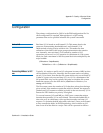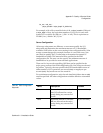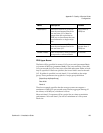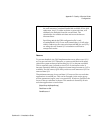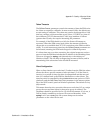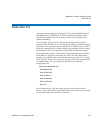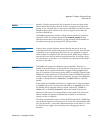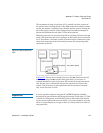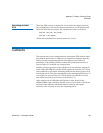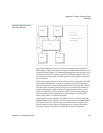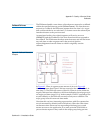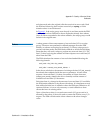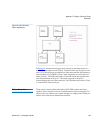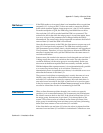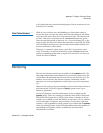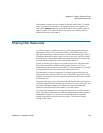
Appendix D Quality of Service Guide
Callbacks
StorNext 3.1.3 Installation Guide 147
Callback Failures 4
The FSM must handle a case where a client does not respond to a callback
within the specified timeout period (
RtTokenTimeout). If a client does not
respond to a callback, the FSM must assume the worst: that it is a rogue
that could wreak havoc on real-time I/O. It must retract the tokens it just
issued and return to the previous state.
As mentioned earlier, the original requestor will receive an error
(
EREMOTE) and the IP address of the first client that did not respond to
the callback. The FSM enters the token retraction state, and will not honor
any real-time or token requests until it has received positive
acknowledgement from all clients to which it originally sent the
callbacks.
Figure 61 Callback Retraction
Example
In Figure 61, Client A requests some amount of rtio as in Figure 60.
However, assume that Client C did not respond to the initial callback in
time (step 7). The FSM will return a failure to Client A for the initial
rtio
request, then send out callbacks to all clients indicating the stripe group is
no longer real-time (steps 11-14). In the example, Client C responds to the
second callback, so the FSM will not send out any more callbacks. The
stripe group is back in non-real-time mode.
Note that this can have interesting repercussions with file systems that
are soft mounted by default (such as Windows). When the caller times
out because other clients are not responding and then gives up and
returns an error to the application, if at some point the FSM is able to
process the
rtio request it may result in the stripe group being put into



